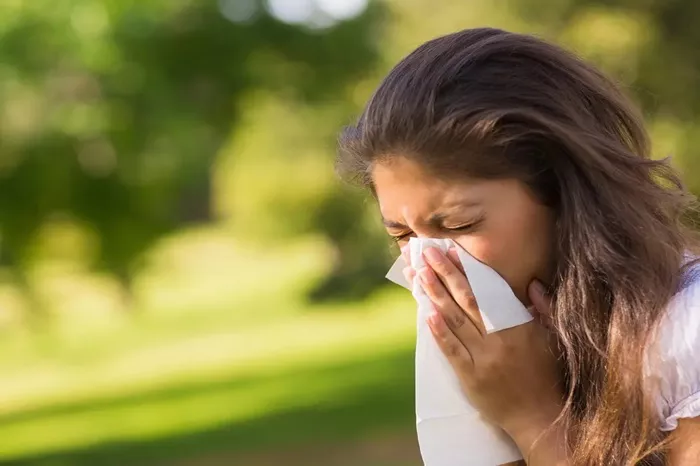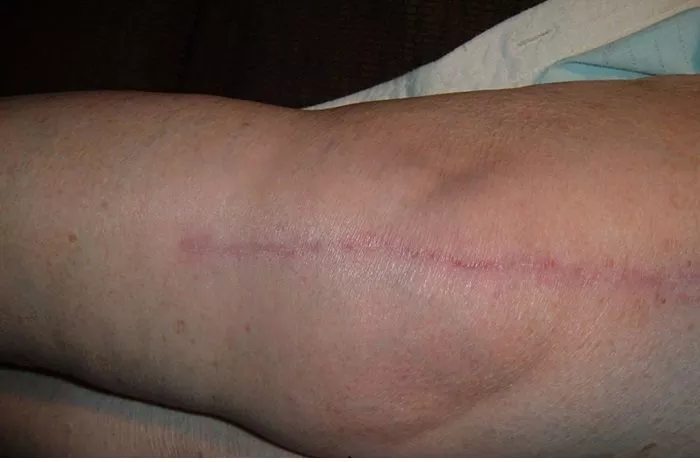Sneezing is a common reflex action that clears the nose of irritants and protects the respiratory system. However, frequent sneezing can be disruptive and, in some cases, indicative of underlying health issues. This comprehensive guide explores various methods to control sneezing, focusing on practical solutions that can be implemented at home. By understanding the triggers and applying effective strategies, individuals can manage their sneezing and enhance their overall comfort and health.
Understanding Sneezing: A Reflexive Response
Sneezing is a complex defense mechanism initiated by the respiratory system to expel irritants from the nasal cavity. It involves the activation of nerves within the mucous membranes of the nose, signaling the brain to trigger a forceful expulsion of air from the lungs through the nose and mouth.
Triggers of Sneezing
Identifying common triggers is essential in managing sneezing. These triggers can vary widely but typically include:
Allergens: Pollen, dust mites, pet dander, and mold.
Irritants: Perfume, cigarette smoke, strong odors, and environmental pollutants.
Health Conditions: Common cold, influenza, sinus infections, and allergic rhinitis.
Physical Stimuli: Bright light, cold air, or a sudden change in temperature.
Understanding individual triggers is a crucial step in managing sneezing effectively.
Home Remedies to Control Sneezing
Managing sneezing at home involves a combination of removing irritants, using natural remedies, and changing certain lifestyle habits. Here are some effective strategies:
Maintain a Clean Environment
Keeping your living space free of dust and allergens is paramount in controlling sneezing:
Regular Cleaning
Vacuum Regularly: Use a vacuum cleaner with a HEPA filter to trap dust and allergens.
Dust with Damp Cloths: This prevents dust particles from becoming airborne.
Maintain Air Quality: Use air purifiers to reduce the presence of airborne allergens.
Control Humidity
Use Dehumidifiers: These devices help reduce moisture in the air, which can decrease the growth of mold and dust mites.
Natural Remedies
Several natural remedies can help alleviate sneezing by soothing the nasal passages and reducing irritation:
Herbal Teas
Peppermint Tea: Peppermint acts as a decongestant, helping to clear nasal passages.
Chamomile Tea: Known for its anti-inflammatory properties, chamomile can soothe irritated nasal linings.
Essential Oils
Eucalyptus Oil: Its strong scent helps open up the nasal passages.
Tea Tree Oil: Antimicrobial properties can reduce nasal congestion caused by infections.
Dietary Adjustments
Certain foods and supplements can boost the immune system or have anti-inflammatory effects that may help control sneezing:
Increase Vitamin C Intake
Citrus Fruits: Oranges, lemons, and grapefruits.
Bell Peppers: High in vitamin C and antioxidants.
Incorporate Spicy Foods
Capsaicin: Found in chili peppers, it can thin mucus and clear nasal congestion.
Lifestyle Modifications to Reduce Sneezing
Adjusting daily habits and environments plays a critical role in controlling sneezing:
Avoid Known Irritants
Stay away from smoke, perfumes, and chemical fumes, all of which can trigger sneezing. Opt for natural, fragrance-free products.
Wear a Mask
When cleaning or in dusty environments, wearing a mask can prevent irritants from entering the nasal passages.
Manage Pet Dander
Regularly bathe and groom pets to reduce the amount of dander in the environment.
Optimize Bedroom Environment
Use Allergen-Proof Bed Covers: These covers prevent dust mites from accumulating in the bedding.
Wash Bedding Regularly: Use hot water to kill dust mites.
Medical Approaches to Sneezing
If home remedies and lifestyle changes are insufficient, medical interventions may be necessary:
Over-the-Counter (OTC) Medications
Antihistamines: Help reduce sneezing caused by allergic reactions.
Decongestants: Relieve nasal congestion and limit sneezing triggers.
Consulting Healthcare Providers
For persistent or severe sneezing, consulting a doctor is advisable. They may recommend:
Allergy Testing: Identifies specific allergens causing your symptoms.
Prescription Medications: Such as stronger antihistamines or corticosteroids.
Immunotherapy: Allergy shots that gradually reduce sensitivity to allergens.
Conclusion
Controlling sneezing at home involves a holistic approach that includes environmental adjustments, natural remedies, dietary changes, and lifestyle modifications. For individuals whose sneezing is persistent and impacts quality of life, medical interventions may be necessary. By understanding the causes of sneezing and implementing comprehensive strategies, it is possible to reduce the frequency and intensity of sneezing episodes, thereby enhancing comfort and well-being in the home environment.
[inline_related_posts title=”You Might Be Interested In” title_align=”left” style=”list” number=”6″ align=”none” ids=”7829,7866,7826″ by=”categories” orderby=”rand” order=”DESC” hide_thumb=”no” thumb_right=”no” views=”no” date=”yes” grid_columns=”2″ post_type=”” tax=””]
































